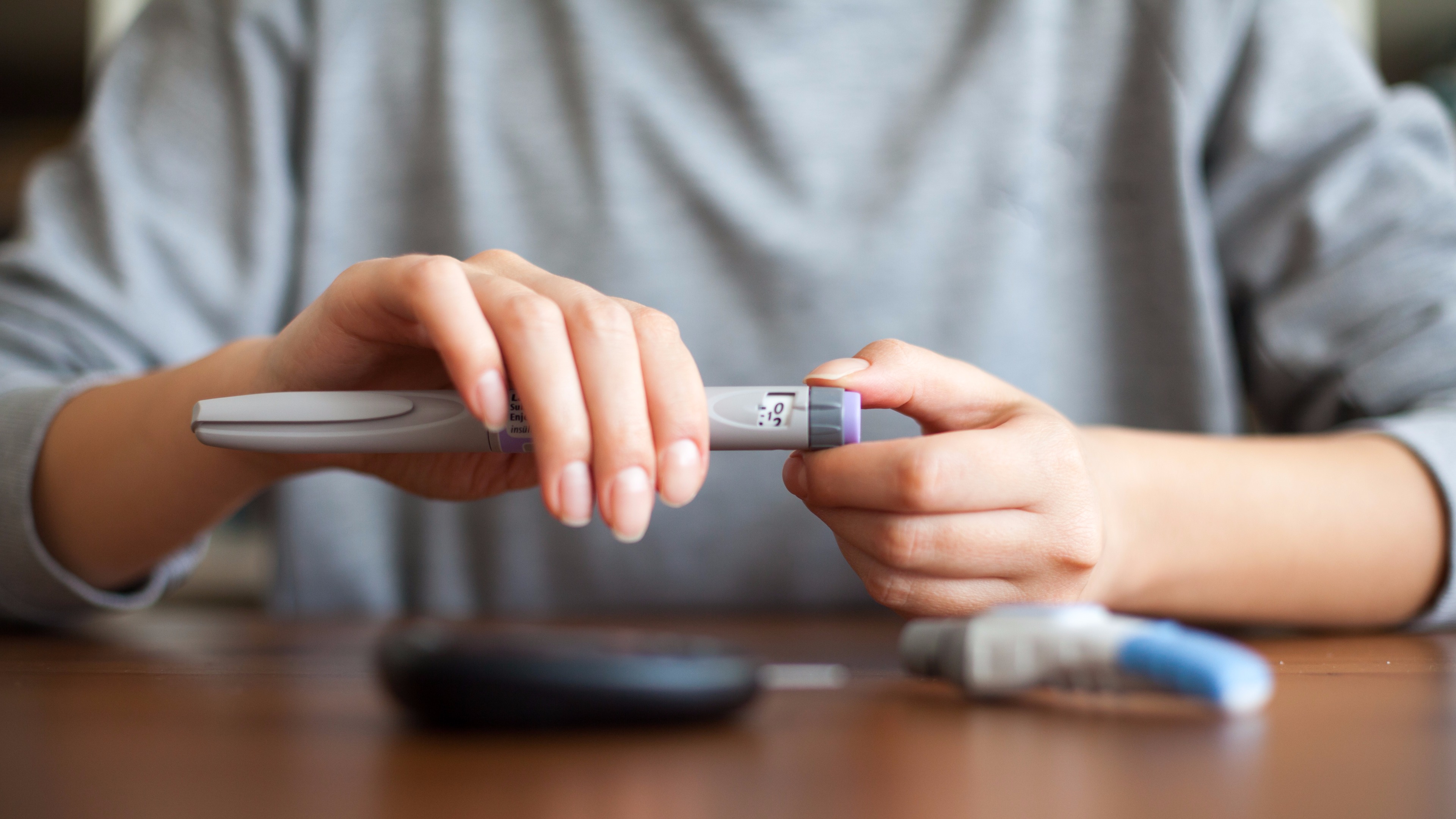
Diabetes is a disease that occurs when the pancreas fails to produce enough insulin or when the body cannot use insulin effectively. Insulin is a hormone that controls the blood sugar level. As time progresses the disease can damage organs such as the heart, veins, eye, kidney, and nerves. To prevent such damages diabetic patients are usually advised to receive regular insulin injections.
Patients with type 1 diabetes are advised to receive insulin injections everyday at a certain dose to lower their blood sugar levels. The method is widely considered as too complicated and painful for some people, especially those with needle phobia. The mass production of insulin pills have long been planned since the 1930s, though it has taken a long time to materialise.
Insulin will be significantly damaged if exposed to enzymes or acids in the stomach. Thus, researchers have taken a long time to come up with an outer pill layer that can protect the insulin content as it passes through the stomach. Researchers from the University of California and Harvard University have come up with a solution.
Researchers insert insulin into an ionic liquid that contains choline (vitamin B) and geranic acid. The complex layer can protect the insulin content against the stomach acid and digestive enzymes. The research explains that insulin pills can reach the blood circulation the same way insulin is released through the pancreas. To test the pills’ effectivity and safety, researchers will conduct further researches with animal testing before a clinical test on humans.
Text by Anggie Triana
Stock photos from healthination.com
Source(s):
- Banerjee, A., Ibsen, K., Brown, T. et all (2018). Ionic liquids for oral insulin delivery. Proceedings of the National Academy of Science of the United States of America, https://doi.org/10.1073/pnas.1722338115.
- Diabetes: The insulin pill may finally be here (2018). https://www.medicalnewstoday.com/articles/322258.php, June 28, 2018.
- Pil Insulin Bakal Gantikan Suntikan (2018). https://lifestyle.kompas.com/read/2014/01/03/1438263/Pil.Insulin.Bakal.Gantikan.Suntikan, June 28, 2018.